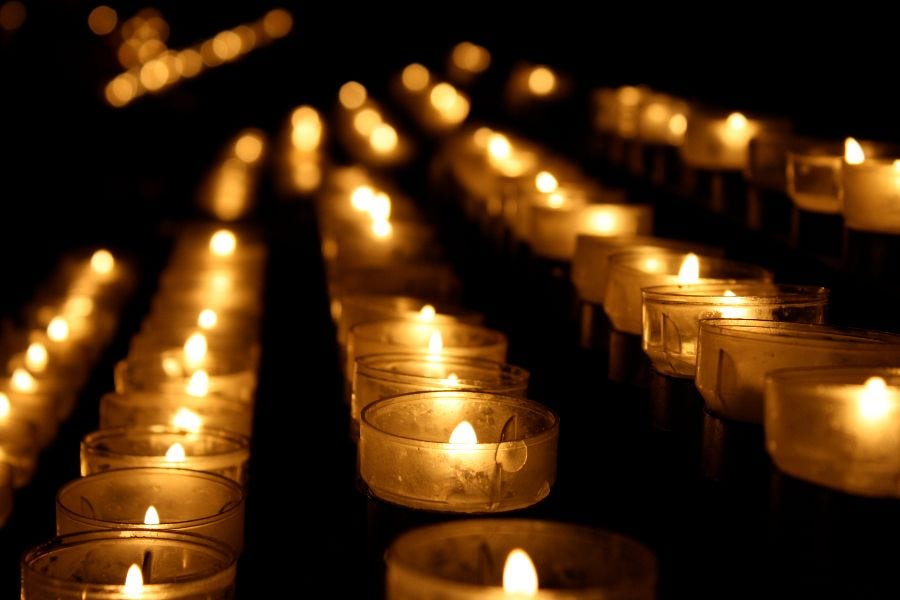Church responds to UK abuse inquiry’s call for mandatory reporting law
The inquiry rejected appeals for an exemption ‘in the context of sacramental confession.’

The Catholic Church in England and Wales said Thursday that it would “carefully study” a long-awaited abuse inquiry report calling for a mandatory reporting law with no exemption for priests hearing confessions.
The Independent Inquiry into Child Sexual Abuse in England and Wales (IICSA) released its final report on Oct. 20 after seven years of investiga…
